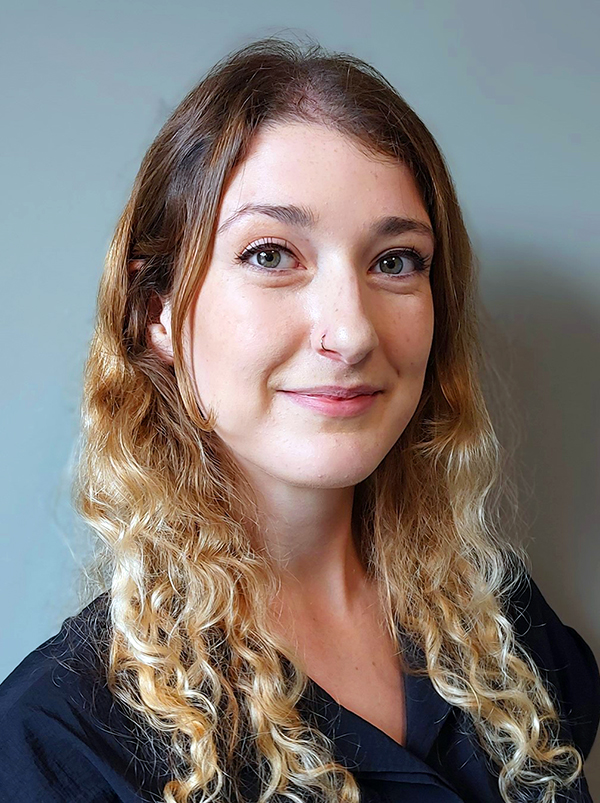Any one of us can end up in a vulnerable situation - the new UK government must understand that, says Isabella Williams
For the last six months I’ve been working on a pilot project that looks into the extent of fuel poverty in Scotland, and in particular the way in which it exacerbates vulnerability.
By shining a spotlight on lived experience through CAB client interviews, the evidence has revealed a myriad of intersecting issues and drivers of fuel poverty that cause vulnerability or make it worse.
Using debt levels as an indication of vulnerability, Scotland’s CAB network helped people with an average of around £2,300 in energy-related debt in 2023/24. In remote and rural areas alone, this average increased to a staggering £3,047.
Almost one in three of us live in fuel poverty. Average UK energy bills are still 39% higher than they were in winter 2021/22. More than one in five (21%) clients seeking food insecurity advice needed help with energy bills. Many people are no longer choosing between heating or eating; they can’t afford either of our most fundamental human needs.
It’s vital to have a clear understanding of what constitutes vulnerability so that adequate and proportionate policy change can be made to improve people’s circumstances. Understanding vulnerability in an inclusive way provides a just framework for social structures and maps out our expectations for how we should be governed.
The pilot project offered a working understanding of vulnerability: vulnerability encapsulates temporary or permanent circumstances that have the potential to inhibit a person’s right to represent or protect their own interests in a way that could lead to detriment or increase a person’s chances of experiencing detriment.
People are pushed into vulnerable circumstances due to external forces, usually as a result of broken social structures. Such circumstances may include the sudden loss of employment or low income, inhibited access to local community support due to living in a rural or remote area, or needing to disconnect from heating due to unaffordable energy bills.
My interview with Eilidh, a CAB client, will stay with me for a long time. She couldn’t afford to heat her home, so she used the artificial flame light in her electric fire to trick her mind into thinking she was warm: “I’ve never used the fire part, but it gives you the illusion of being warm”. It hammered home the reality of living in fuel poverty in a way that was truly heartbreaking.
When we understand vulnerability as circumstantial, we shift away from an individualistic lens solely limiting vulnerability to a characteristic. A move away from a binary notion of vulnerability - you’re vulnerable or you’re not – which serves to create division, stigma and further entrench inequality.
People may fall in and out of vulnerable circumstances at any point as vulnerability is transient. Anyone, including you and me, can find themselves in a vulnerable situation.
Many intersecting issues cause and contribute to the exacerbation of vulnerability. Therefore policy decisions ought to be formed and delivered through a vulnerability lens that strives for equity at the outset.
CAS calls for a social tariff in the energy market that will see a discounted energy bill for people on a low income. This is one example where structures can be built around addressing vulnerability.
As the polls close on 4 July, the new government must recognise this understanding of vulnerability and embed equity in policy-making in order to tackle social inequality.
Isabella Williams is part of the Social Justice team at Citizens Advice Scotland.







